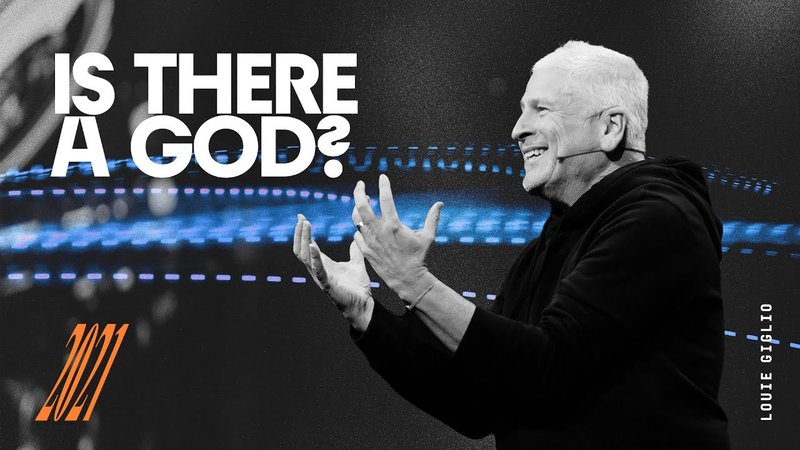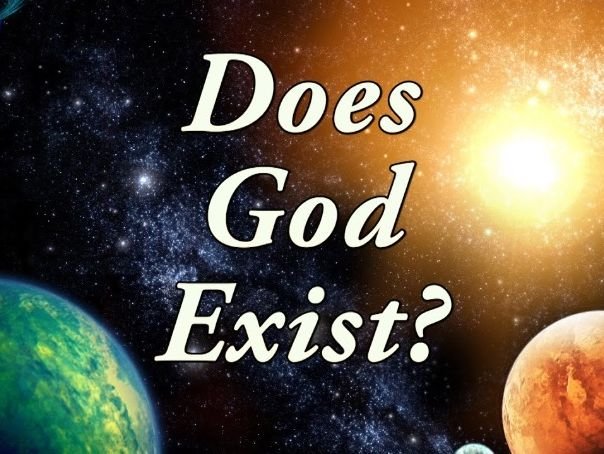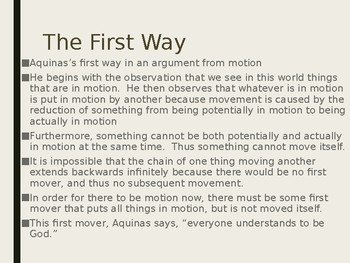· Apologetics > Apologetics in Christianity > God · 4 min read
Is There a God? Biblical Perspective on Discovering Truth
Explore the age-old question of the existence of God in this thought-provoking article. Delve into the philosophical and theological perspectives on this profound topic.

Is there a God?
The question of whether or not God exists is one of the most fundamental questions asked by mankind. Throughout history, the majority of people have believed in the existence of some form of higher power or deity. At GotQuestions.org, we firmly believe in the existence of God and see ample evidence to support this belief.
Nature as Evidence for a Creator
The Bible teaches that nature itself points to the existence of a Creator. In Psalm 19:1, it says, “The heavens declare the glory of God; the skies proclaim the work of his hands.” This verse suggests that the complexity and beauty of the natural world are evidence of a divine Creator. Additionally, Romans 1:20 states that God has revealed Himself through creation, so that people can know of Him.
Eyewitnesses, Evidence, and Reasoning
The early Christian church was built on the use of eyewitness testimonies, evidence, and reasoning. Luke 1:1-2 and 2 Peter 1:16 highlight the importance of eyewitness accounts in establishing the truth of Jesus’ life and ministry. Acts 17:11 praises the Bereans for examining the Scriptures daily to see if what Paul was teaching was true. 1 Corinthians 14:20 encourages believers to think and reason like adults.
Even Jesus Himself appealed to evidence when defending His claims. In John 5:31-47, He pointed to various witnesses and pieces of evidence to support His identity as the Son of God. These examples show that Christianity is not solely based on blind faith, but rather on historical evidence and rational thinking.
Support from Archaeology, Science, History, Literature, and Experience
In addition to biblical evidence, there is support for the existence of God from various other fields such as archaeology, science, history, literature, and human experience. While some may use these disciplines to argue against God’s existence, a balanced evaluation of the evidence suggests otherwise.
For example, archaeology has uncovered numerous artifacts and historical records that align with biblical accounts. Scientific discoveries have also revealed intricate design in the natural world, pointing to an intelligent Creator. History and literature contain accounts of religious experiences and encounters with the divine. Human experience itself provides a basis for belief in God, as concepts like reason, morality, and human rights would be nonsensical without a transcendent source.
The Role of Open-Mindedness
When considering the question of God’s existence, it is essential to approach the evidence with an open mind. While geniuses throughout history have held both beliefs in God and atheism, the answer to this question often reflects personal preferences rather than purely intellectual considerations. There are reasonable and unreasonable ways to approach the evidence, and closed-mindedness can hinder one’s ability to truly evaluate it.
It is important to note that evidence and reason may not convince those who have a deliberate intent to disbelieve. Even historical, scientific, and personal evidence may be meaningless to someone who has already made up their mind against the existence of God. However, for those who are unsure or genuinely seeking answers, examining the evidence with an open mind can lead to a deeper understanding of God’s existence.
Why This Matters
The question of God’s existence is more than just an intellectual puzzle; it has profound implications for our lives and worldview. Believing in God provides a foundation for understanding the purpose and meaning of life. It offers hope, comfort, and guidance in times of difficulty. Additionally, it shapes our moral framework and helps us make sense of the world around us.
Think About It
- Consider the evidence for God’s existence from nature. How does the complexity and beauty of the natural world point to a Creator?
- Reflect on how historical, scientific, and personal evidence can be interpreted differently depending on one’s preconceived beliefs.
- Have you ever examined the evidence for God’s existence with an open mind? If not, what factors have influenced your beliefs regarding this question?



